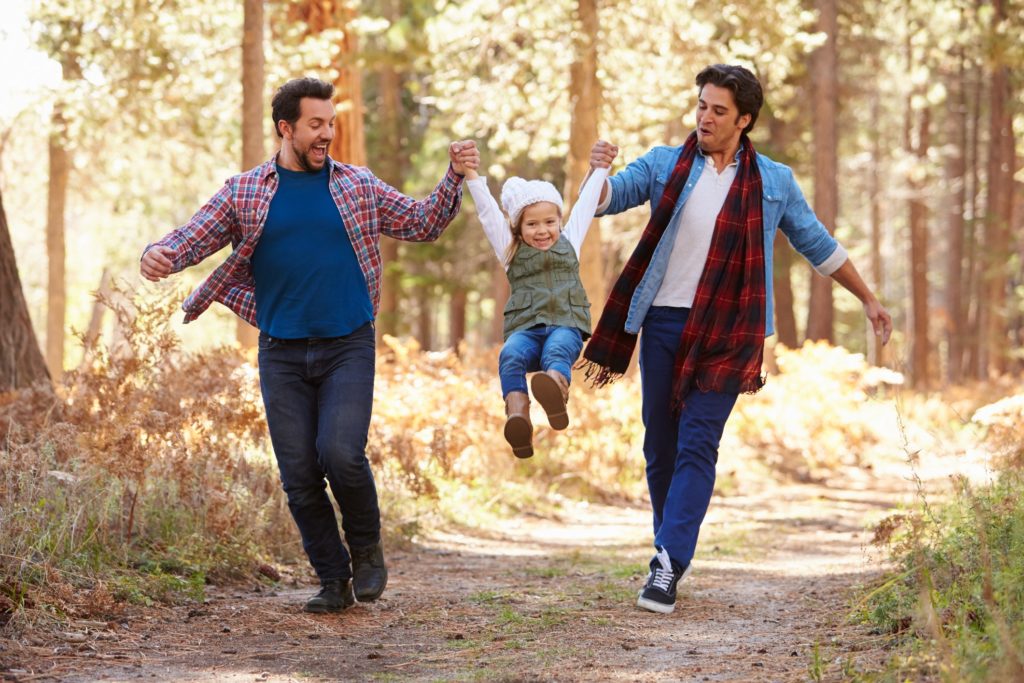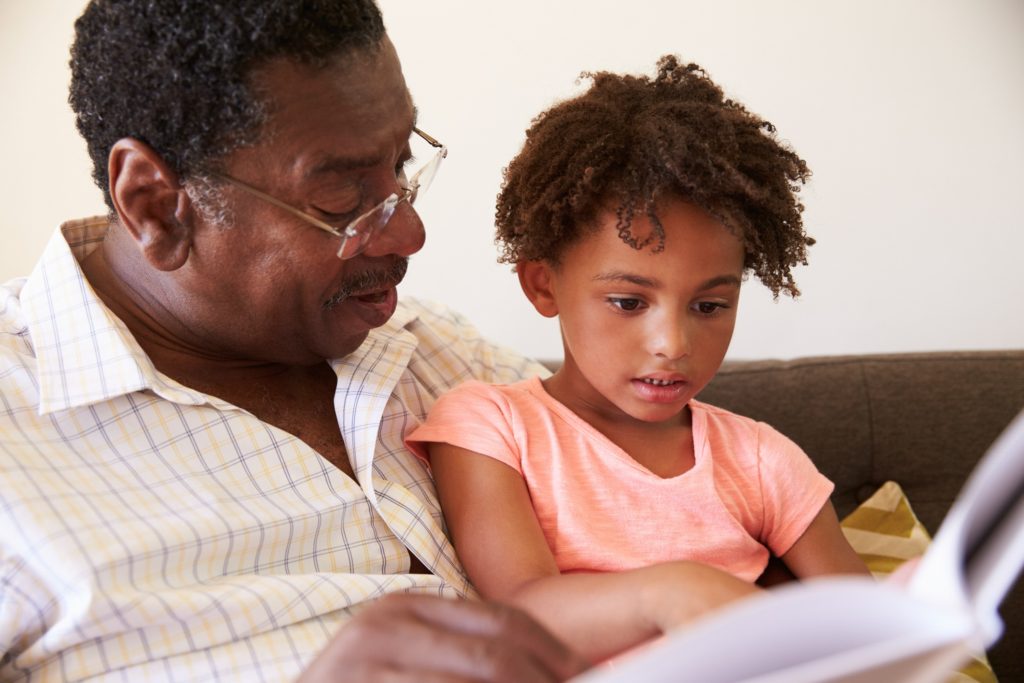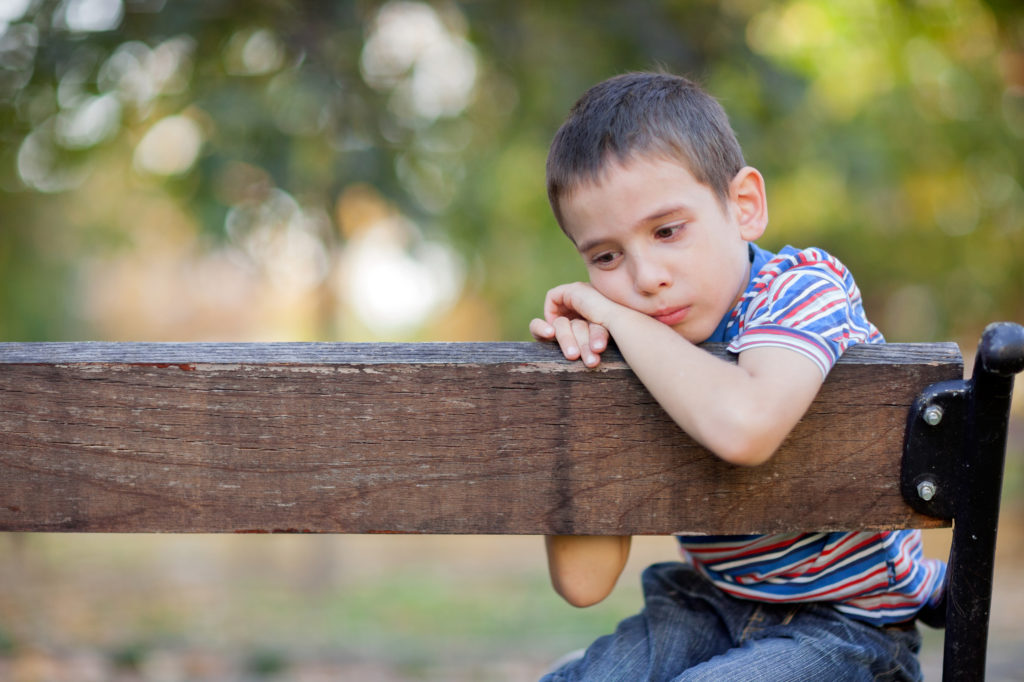While the Supreme Court’s 2015 ruling in the case of Obergefell v. Hodges legalized same-sex marriage and gave same-sex couples the same rights as heterosexual couples, the lesbian, gay, bisexual, and transgender (LGBT) community continues to face challenges that heterosexual families do not. Among the most contested issues is whether foster care agencies can deny placing children based on the foster parents’ sexual orientation.
National LGBT Adoption Laws
Two opposing bills have been sent to Congress to determine whether faith-based foster care agencies are required to place children with families who don’t share their religious beliefs. LGBT rights advocates have proposed the Every Child Deserves a Family Act. It would prevent agencies receiving federal funding from denying foster care placements or adoption to members of the LGBT community and allow the Department of Health and Human Services (HHS) to withhold Title IV funding to states that don’t comply. The other bill in Congress proposed by religious advocates, the Child Welfare Provider Inclusion Act, would protect agencies from losing state funding for only providing service to those who share their religious beliefs.
Continue reading






